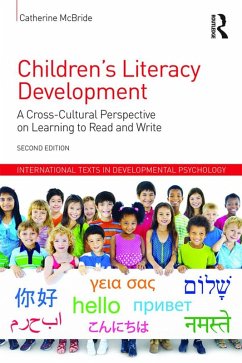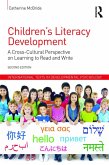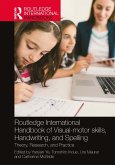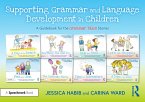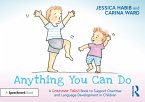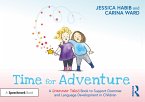- The importance of phonological sensitivity for learning to read and to write
- The first units, or building blocks, of literacy learning in different scripts such as Chinese, English, Korean Hangul, Hebrew, Hindi and Arabic
- The role of visual processing in reading and writing skills
- How the latest research can inform the teaching of reading
- An overview of our understanding of dyslexia, including recent neuroscientific research
- The developmental challenges in becoming biliterate
- What is special about writing for beginners and later for comprehensive writing
- Basics of reading comprehension
Children's Literacy Development, Second Edition is a timely and important contribution to our understanding of literacy around the world. Written by an eminent scholar in the field, it is the only book available that provides an overview of how children learn to read and write in different languages, and will be essential reading for all students of Developmental Psychology, Educational Psychology, Psycholinguistics and Speech Therapy.
Dieser Download kann aus rechtlichen Gründen nur mit Rechnungsadresse in A, B, BG, CY, CZ, D, DK, EW, E, FIN, F, GR, HR, H, IRL, I, LT, L, LR, M, NL, PL, P, R, S, SLO, SK ausgeliefert werden.

